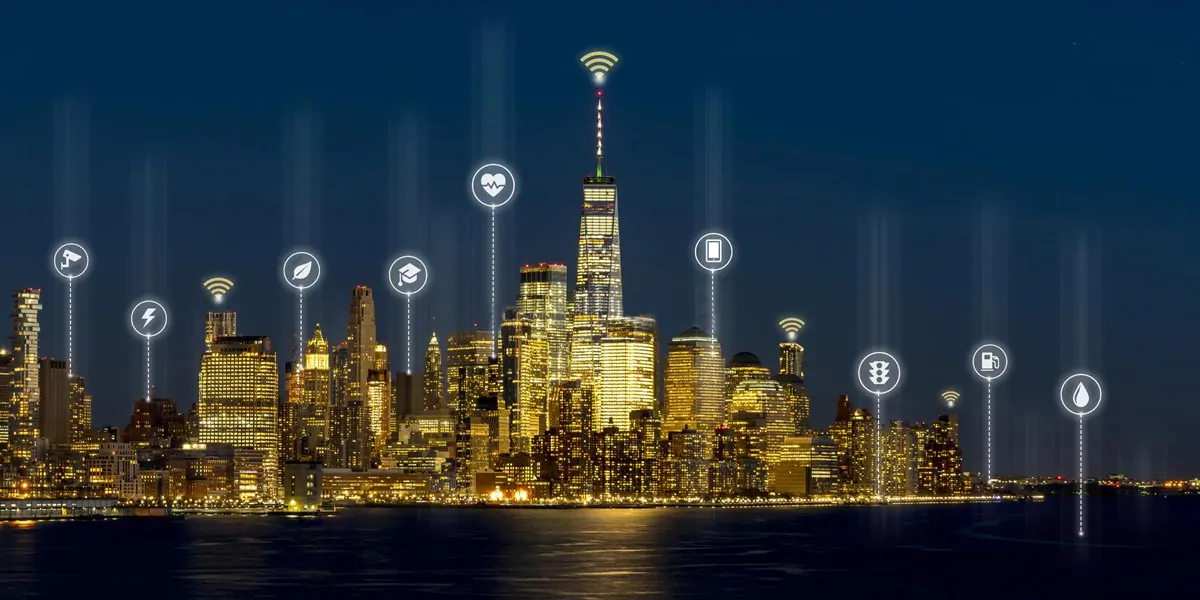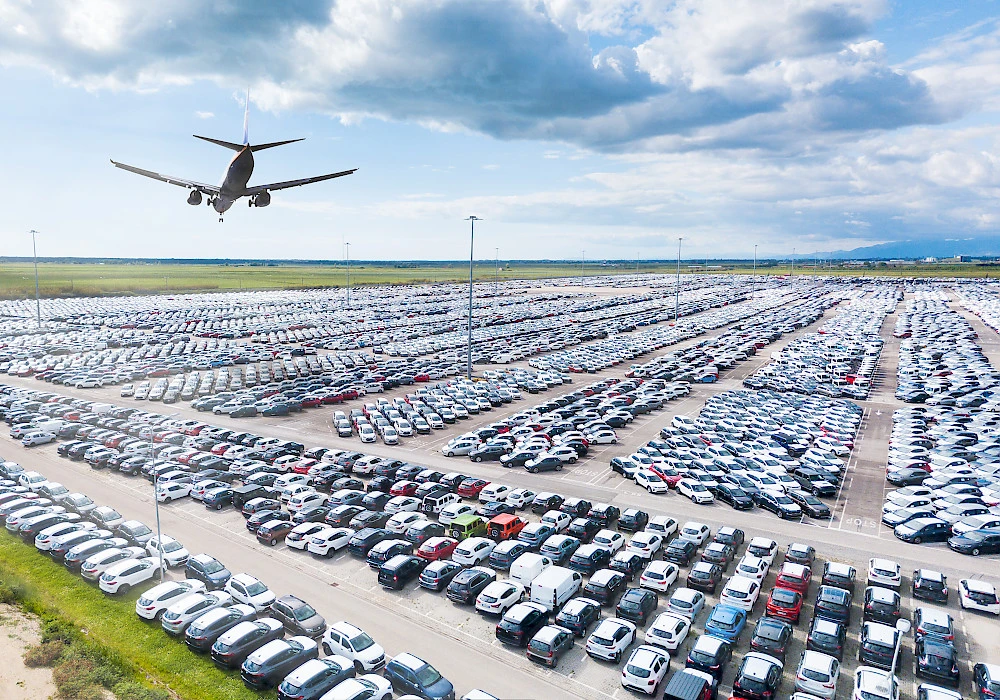
New York Ranked Number 1 Smart City for North America in 2023
A new study from Juniper Research, the foremost expert in the sustainability & IoT market, has selected New York as the leading smart city in North America in 2023. New York Number 1 Smart City for North America
The top 5 smart cities ranked by Juniper Research are:
- New York
- Toronto
- Montréal
- Chicago
- Los Angeles
Juniper Research’s ranking of 50 world cities is based on an evaluation of many different smart city aspects, covering transportation and infrastructure, energy and lighting, city management and technology, and urban connectivity.
The analysis identified New York as a leading city due to its focus on increasing sensor deployments, modernization of its transit infrastructure and its progress on smart grid deployment. As such, New York was recognised as having a clear vision for its future as a smart city, which is critical for other cities to develop if they wish to emulate its success.
Research co-author Nick Maynard explained: “The Americas are led in smart city terms by cities in North America, with Latin America lacking the comprehensive data infrastructure that is being built in North America. As such, cities in Latin America must build longer-term visions that focus on how to comprehensively harness data to improve urban environments, or they will continue to fall behind.”
Smart City Spend Surging in the Americas New York Number 1 Smart City for North America
- Hardware and software spending on smart city deployments in the Americas is forecast to reach $23 billion by 2028, from $9.5 billion in 2023; representing a growth of 144%.
- Spending is growing much faster in Latin America, at 285% over the next 5 years, compared to North America at 115% over the same period.
This faster growth in Latin America reflects the large emphasis being placed on city improvements in this market and represents a key opportunity for smart city service providers, platforms and connectivity providers to target.
Smart city technologies encompass various segments:
- Smart Buildings: These facilities use ICT-based systems to optimize operations, improve sustainability, and offer comfort. IoT devices in these buildings measure various parameters like power, air quality, and energy consumption to predict maintenance needs and improve efficiency. Informed decisions are made using these insights.
- Smart Grid: Defined as an electricity supply network that uses digital technology to manage supply and demand patterns. It leverages IoT to ensure communication throughout the value chain, collecting and analyzing data for efficient and sustainable energy distribution. It lays the groundwork for other smart city components.
- Smart Traffic Management and Parking: Digital technologies are used to manage traffic, reduce congestion, minimize emissions, and prevent accidents. Similarly, smart parking reduces fuel and time consumption and optimizes parking activities through data collected by sensor-based Parking Management Systems.
- MaaS (Mobility as a Service): A service allowing users to plan, book, and pay for urban mobility services through a unified digital platform. It’s gained popularity due to the increased adoption by local governments and transit authorities, providing a unified approach to transport that includes digital ticketing and mobile payments.








